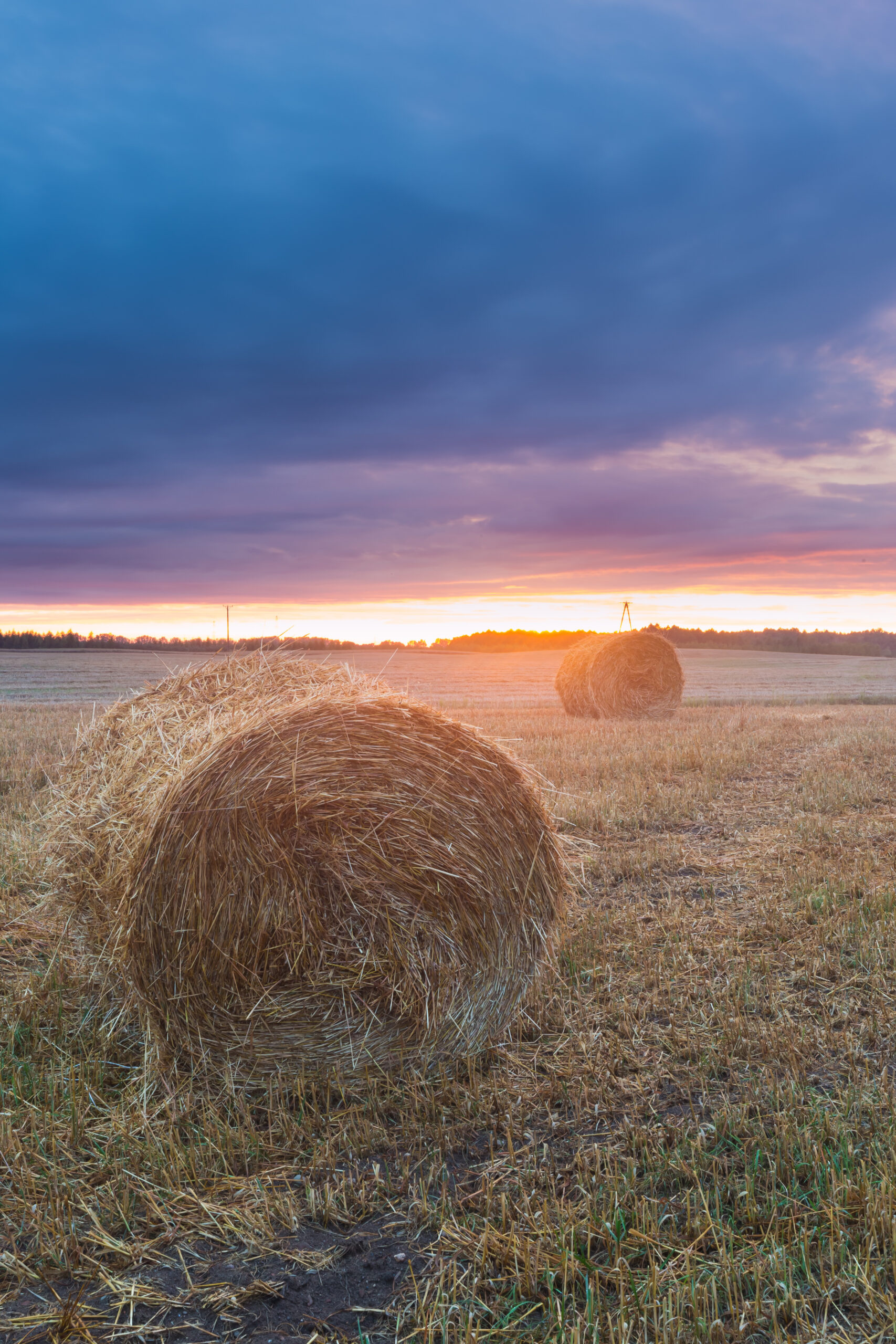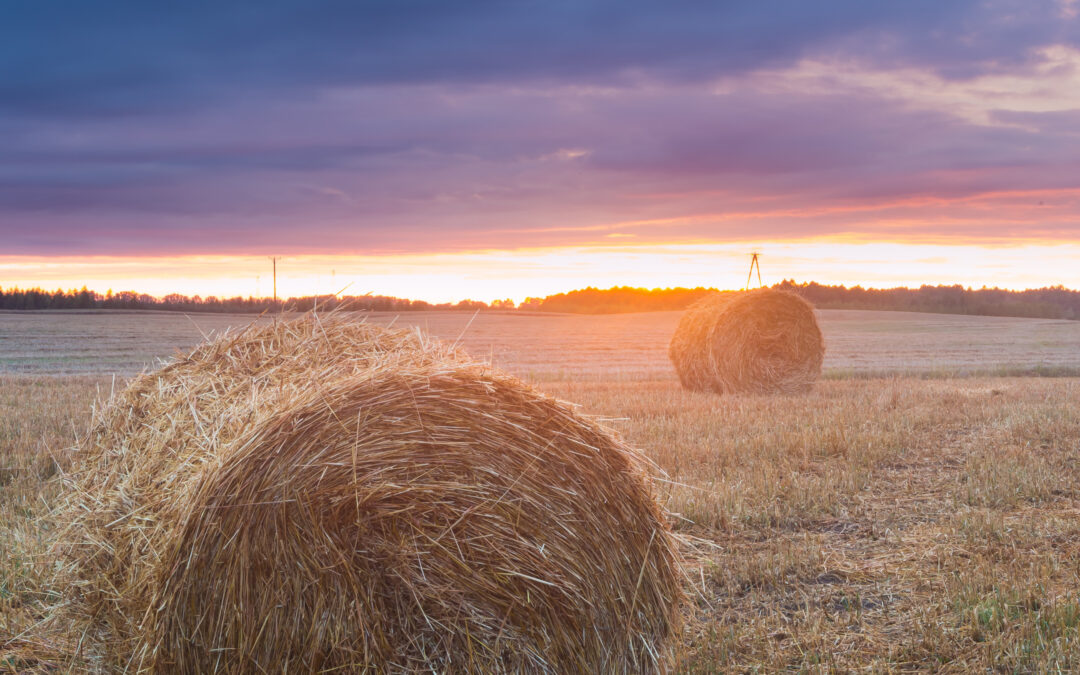Organic gardening has become increasingly popular in recent years, as more people are looking for ways to live a healthier lifestyle while also being environmentally conscious. In this blog post, we’ll explore why organic gardening is such a great choice for both your health and the environment.
Introduction to Organic Gardening
Organic gardening involves growing plants without using synthetic pesticides or fertilizers. Instead, it relies on natural methods like composting, crop rotation, and companion planting to keep plants healthy and productive. This approach not only produces healthier fruits and vegetables but also promotes a balanced ecosystem that benefits wildlife and the soil.
The Benefits of Choosing Organic Gardening
There are many reasons why choosing organic gardening is a smart decision:
It reduces exposure to chemicals: By avoiding synthetic pesticides and fertilizers, you can reduce your family’s exposure to potentially harmful chemicals.
It improves soil quality: Organic gardening practices like composting and cover cropping help improve soil structure and nutrient content, which leads to healthier plants and better yields over time.

It supports biodiversity: By creating an environment that encourages beneficial insects and other animals, organic gardens support a diverse range of species that contribute to a healthy ecosystem.
How to Start Your Own Organic Garden
Starting an organic garden is easier than you might think! Here are some tips to get started:
1. Choose the right location: Select an area with plenty of sunlight and good drainage. If possible, choose a spot near a water source to make irrigation easier.
2. Prepare the soil: Remove any existing turf or weeds and add compost and other amendments to enrich the soil. You may also want to test the soil to determine what additional nutrients it needs.
3. Plant the right seeds/plants: Choose varieties that are well-suited to your climate and growing conditions. Consider planting heirloom varieties, which have been passed down through generations and offer unique flavors and traits.
4. Maintain your garden: Keep your plants well-watered and fertilized (using organic methods), and be sure to monitor them regularly for signs of pests or disease.
Common Mistakes to Avoid When Starting an Organic Garden
While starting an organic garden is relatively easy, there are several common mistakes that new gardeners often make. Here are a few to watch out for:
1. Overcomplicating things: While there’s certainly a lot to learn about organic gardening, don’t feel like you need to master everything all at once. Focus on the basics and build from there.
2. Not providing enough water: Plants need consistent moisture to thrive, so be sure to water them regularly (but not too much).
3. Ignoring pest management: Just because you’re using organic methods doesn’t mean you won’t encounter pests. Be proactive in monitoring your plants and taking steps to manage any issues before they become major problems.
Conclusion
In conclusion, organic gardening offers numerous benefits for both your health and the environment. Whether you’re just getting started or are an experienced gardener looking to switch to organic methods, following these tips will set you up for success. So go ahead – start digging in the dirt today and enjoy the fresh, delicious produce that comes from your very own organic garden!





